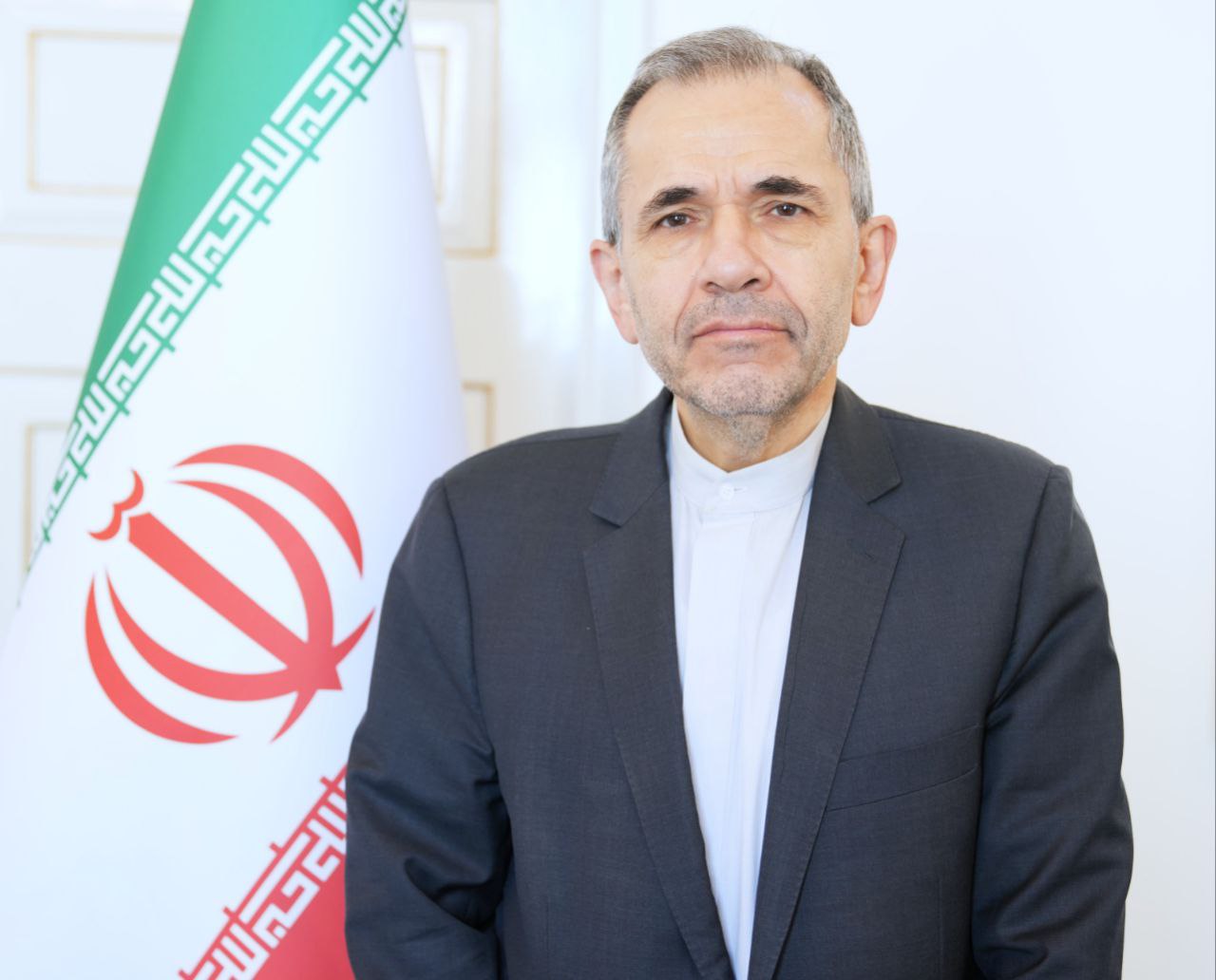BAKU, Azerbaijan, January 27. The details will be studied during the next round of nuclear talks between Iran and three European countries (the UK, France, and Germany), the Iranian Deputy Foreign Minister Majid Takht-Ravanchi told reporters, Trend reports.
According to him, in the two rounds of talks held so far at the level of deputy foreign ministers of Iran and the three European countries, the sides have unveiled their theories. Of course, a lot of work remains to be done, and there are controversies.
Takht-Ravanchi noted that there is no exact time yet for the next round. However, the next round of talks is expected to take place within the next month. In the next phase, it is crucial to go into more detail so that the parties feel that the moment has come to move on to the drafting phase.
“At this stage, there will be an exchange of views on various points in the text to reach a mutual agreement,” he noted.
On November 29, 2024, the first round of the dialog between the Deputy Foreign Ministers of Iran and three European countries (the UK, France, and Germany) was held in Geneva.
On January 16, 2016, the JCPOA came into force between Iran and the P5+1 group (US, Russia, China, the UK, France, and Germany) regarding Iran’s nuclear program. However, on May 8, 2018, the US withdrew from the Joint Comprehensive Plan of Action (JCPOA) between Iran and the 5+1 group (Russia, China, the UK, France, the US, and Germany) and imposed new sanctions on Iran starting from November 2018.
By the end of 2020, the Iranian parliament decided to pursue a strategic plan in the nuclear sector to counter the sanctions, leading to a suspension of additional steps and the Additional Protocol as per the nuclear agreement.
Consequently, the International Atomic Energy Agency (IAEA) faced a reduction in monitoring capabilities by 20–30 percent.
Iran has officially affirmed that its strategy is not to pursue the development of an atomic bomb and that it does not support the production of weapons of mass destruction.







